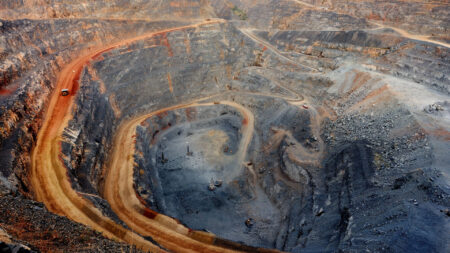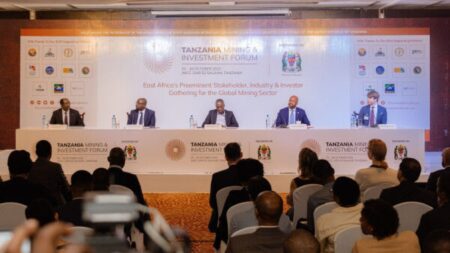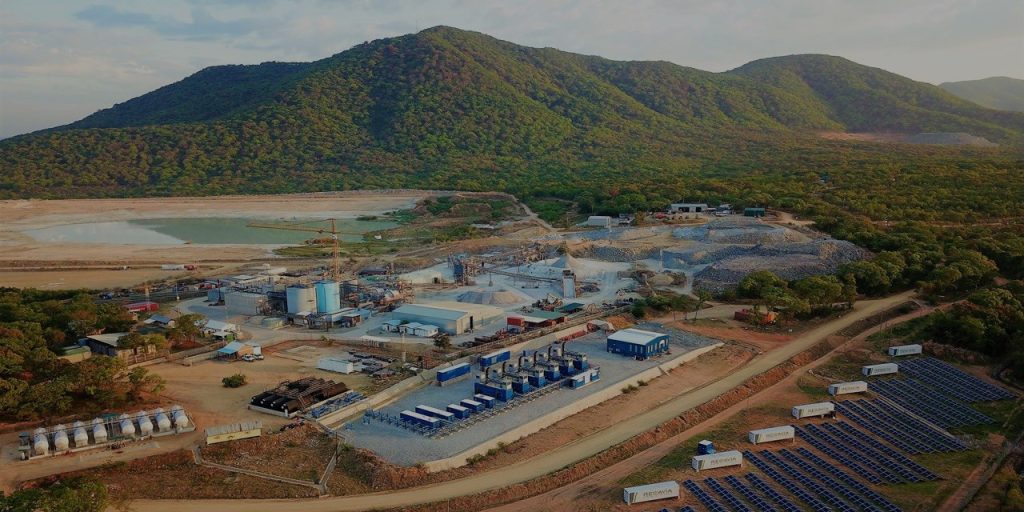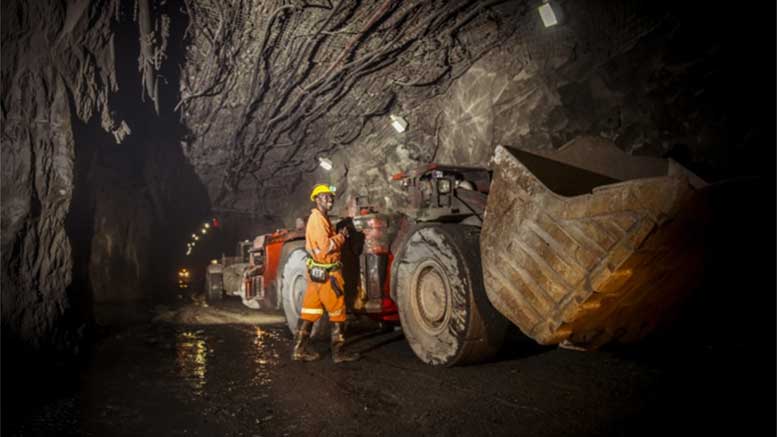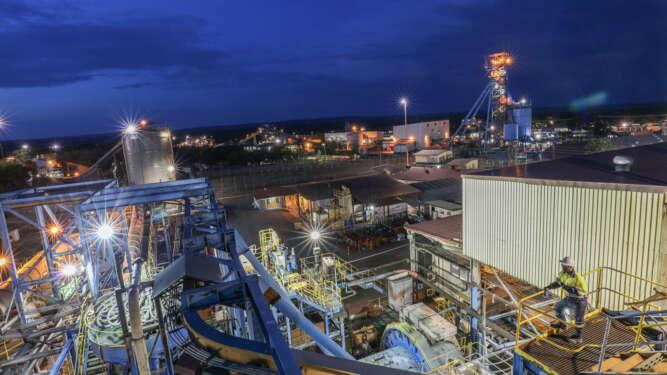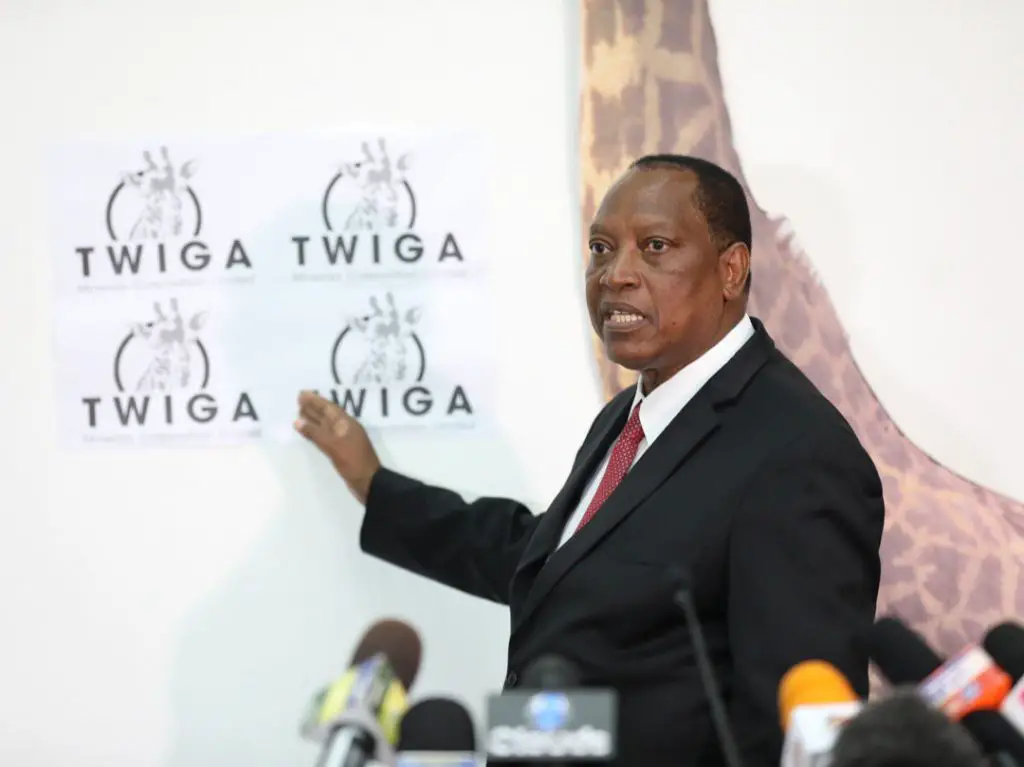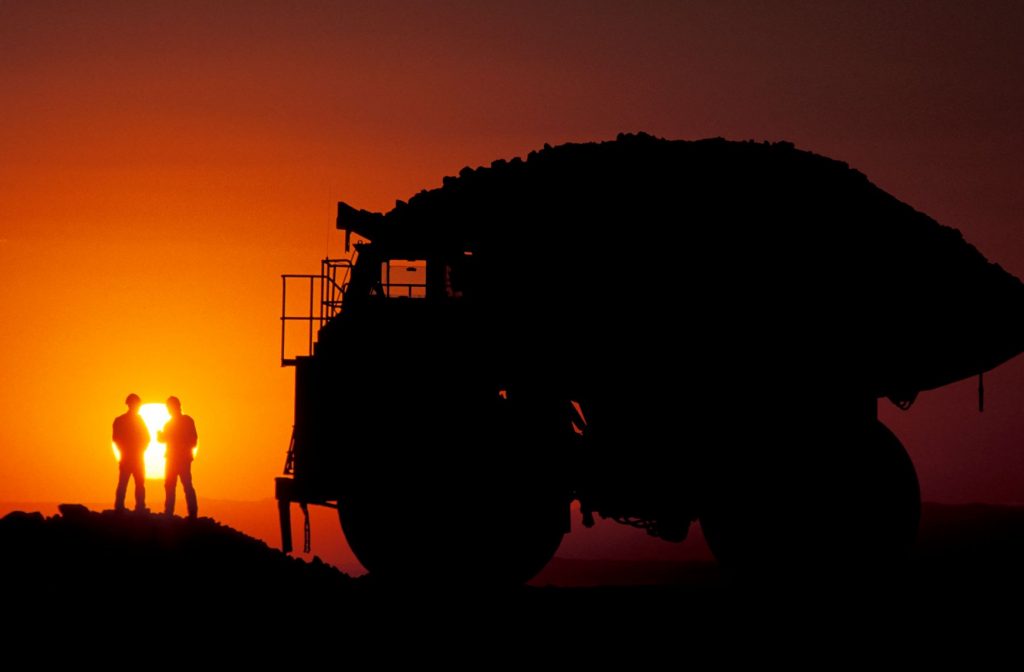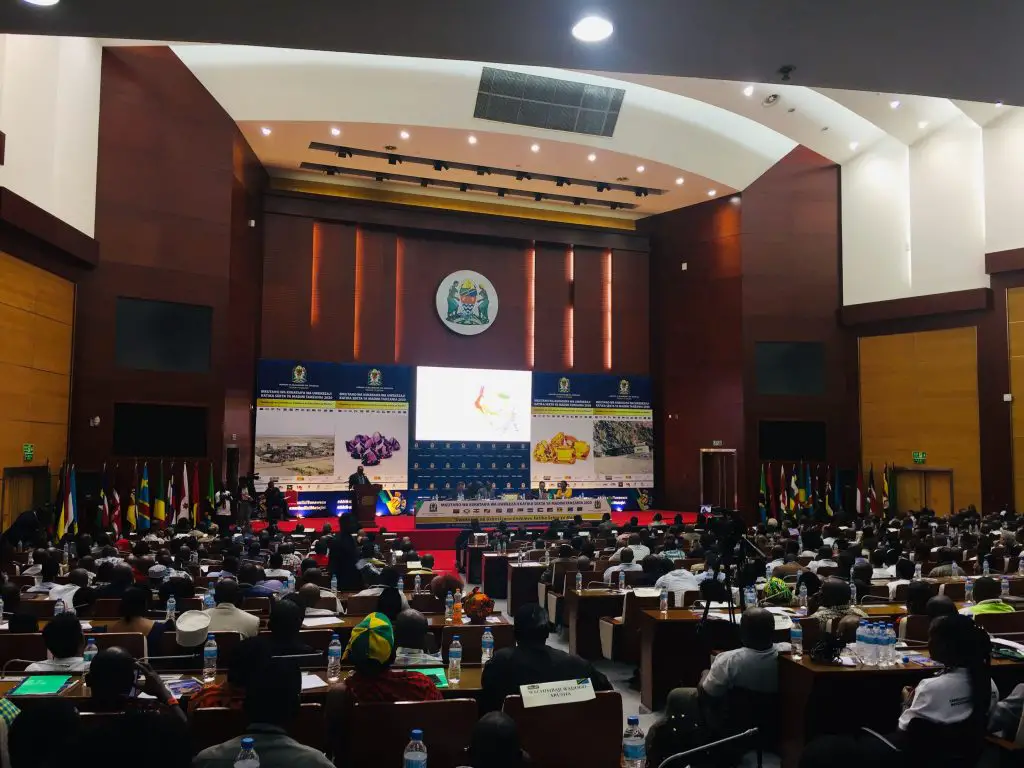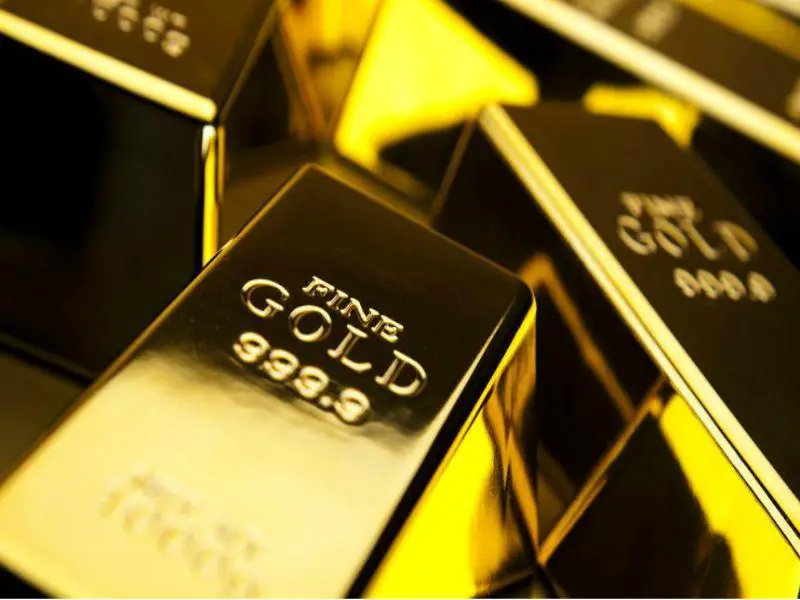- Africa’s new dawn: the rising role of digital and AI in agriculture
- Can Dangote Refinery Transform Africa Energy Ambition
- Gallup Survey: 80 per cent of Kenyan Workers Are Disengaged and Seek New Opportunities
- Madagascar Man Freed from 5KG Tumor After 15-Year Struggle
- How women in Africa are perceived and treated
- Sugar consumption in Kenya to Increase to 1.23 Million Tonnes
- Can Somalia and Turkey Oil deal Bring Change in Somaliland
- Remittances to Kenya dropped to $371.6 million in June, marking a six month low
Browsing: Barrick Gold
The mining industry in Tanzania holds a unique position as one of the most financially rewarding sectors, consistently generating foreign currency. Beyond its economic significance, this sector also wields considerable political influence within the nation. Therefore, a recent multi-million-dollar agreement forged with Australia and the US for the extraction and processing of critical minerals positions Tanzania advantageously as it prepares to participate in the forthcoming Critical Minerals Summit 2023.…
- Tanzania is planning to attract over 2000 local and international investors to explore the vast opportunities in her mining industry.
- The October 25 to 26th forum will help unleash strategies to execute better projects, finances, and investments.
- By 2025, the government of Tanzania projects that the mining sector will account for 10 percent of her GDP.
Over 2000 local and international investors are set to meet in an international conference in Dar es Salaam to explore innovative ways to unlock the full potential of Tanzania’s mining industry. The international conference, which will be held on October 25 and 26, will be hosted by the government in Dar Es Salaam in collaboration with the private sector via DMG Events
“Tanzania miners can’t work in isolation. We need to work with the world; hence you are welcome,” Dr Doto Mashaka Biteko, Minister for Minerals said at the Tanzania Mining and Investment Forum …
As of the 31st of December in 2021, these prerequisites were not satisfied, and hence, no sum was recognised.
After purchasing the seven licences from Barrick in a cash-and-stock transaction, Shanta committed to pay Barrick Gold a royalty rate of two per cent on any actual gold production in the future.
During the previous two years, when Shanta Gold has been spending a significant amount of money on feasibility studies to ascertain the true extent of the gold reserves, and whether or not to move on with production, the West Kenya project has not generated any revenues.
The region is projected to produce 1.6 million ounces of gold from its deposits.…
Diamonds maybe forever but gold is the stand of measure for and store of wealth and in this Covid-19 era the skittish investor is not storing his wealth in cash currency but gold nuggets. It is no wonder, the world’s second largest gold digger Barrick Gold Corporation is planning to increase its investment in Tanzania’s gold mining sector.
Barrick is already Tanzania’s largest gold miner owning three major sites North Mara, Bulyanhulu and Buzwagi mines.
While gold is its main business, the company wishes to go beyond the boundaries of the coveted precious metal and, as Barrick President and Chief Executive Mark Bristow put it, invest in other areas within the country.’ He CEO made the state during a courtesy visit with Tanzania’s President Samia Suluhu at State House.
During the visit, yesterday in the country capitol Dodoma, Barrick’s President Bristow aka ‘Zulu Boy’ briefed the president of state …
Barrick Gold, the New York Exchange-listed mining company with deep business ties in Africa, has once again ignited strong business prospects in Tanzania’s mines—one of East Africa’s nation endowed with abundant minerals.
Within its statement, provided on Thursday, January 28, 2021, the miner stated that its mines in Tanzania are revived and performing well, this comes after Barrick gold resolved laid disputes raised by the government and ushered new dawn of partnership in the profitable sector.
“The North Mara and Bulyanhulu gold mines both produced near the top end of their production guidance in 2020, their first full year under Barrick’s management. Including Buzwagi, the Tanzanian assets delivered a combined output of 462,472 ounces for the year” the statement read in part.
Road to ignition of business
Barrick—the world second-largest gold miner took over Acacia mining and went through a rather historic path to secure business in Tanzania, after rather …
The Government of Tanzania and Barrick Gold entered into a partnership last year, and created a new joint venture, Twiga Minerals Corporation.
Barrick Gold’s one-year-old partnership with the Tanzanian government marked new ground as the Canadian miner was awarded 10 new exploration licenses this year and subsequently plans to spend $8 million on exploration, Barrick’s president and chief executive Mark Bristow said during a recent press briefing.
According to Barrick, the North Mara mine—which was at the centre of scrutiny by the Tanzania government is now “re-energized and ahead of plan in the year to date and Bulyanhulu has resumed underground mining operations and is scheduled to restart processing of underground ore by the end of 2020 as a long-life underground mine”.
All of these affairs operate under the new joint venture named—Twiga Minerals Corporation, in charge to oversee three gold mines, Bulyanhulu, North Mara and …
American multinational holding company Berkshire Hathaway, owned by Warren Buffett last week announced the acquisition of a certain percentage of Canadian gold mining company, Barrick Gold.
The deal saw the shares of Barrick Gold soar by 12% after Warren Buffett’s firm bought a stake in the company. Berkshire Hathaway purchased a 20.9 million-share stake in Barrick Gold, valued at about $564m.
However, as this deal was being announced, another deal was being activated in East Africa. Shanta Gold, the London AIM-listed miner announced that it has completed the acquisition of Canadian miner Barrick Gold’s assets in Kenya at a cost of Sh1.4 billion from three subsidiaries of Barrick.
The three subsidiaries include Acacia Exploration (Kenya) Ltd. Approximately US$55 m invested in exploration activities across West Kenya since 2010 by Acacia Mining Plc and previous owners.
Acacia joined the Kenyan market in 2012 after acquiring Aviva Mining Kenya Ltd. It acquired …
Tanzania mining industry just got interesting as the leading miner in East Africa will start exporting tin, its base metals of tantalum and wolframite, mined in the northern part of Tanzania.
According to information from The Citizen, the green light came out after Tanzania sufficed all export requirements to become the fourth eligible nation in the Great Lakes Region after Rwanda, Burundi and the Democratic Republic of Congo (DRC).
Prior to the export nod, Tanzania produced tin and its base metals, but it was not allowed to export them due to lack of certificates of origin, the necessary requirement for exports.
The Tanzanian Ministry of Minerals revealed via minerals deputy minister Stanslaus Nyongo yesterday that, the highly valued minerals were mostly exported illegally via neighbouring countries, which were issuing certificates.
Further, the deputy minister added that Great Lakes Region leaders placed restrictions on exports of tin and its base metals …
Shanta Gold, the London Stock Exchange-listed gold miner with interests in southern Tanzania has announced plans to take over the gold prospecting activities in Kenya, formerly held by Barrick Gold.
The East Africa-focused gold producer announces that it has entered into a definitive agreement pursuant to which it will purchase 100% of the shares of Barrick’s subsidiary Acacia Exploration (Kenya) Ltd. from two subsidiaries of Barrick Gold Corporation.
The West Kenya license holds about 1.18 million ounces of gold with a grade of 12.6 grams per tonne (g/t believed to be one of the highest grading +1 Moz gold deposits in Africa. The project covers 1,161 sq km within the Lake Victoria greenstone gold field located in NW Tanzania and SW Kenya and home to Global Tier 1 assets including North Mara and Geita Gold Mine.
Eric Zurrin, Chief Executive Officer noted the acquisition of the Western Kenya project solidifies …





